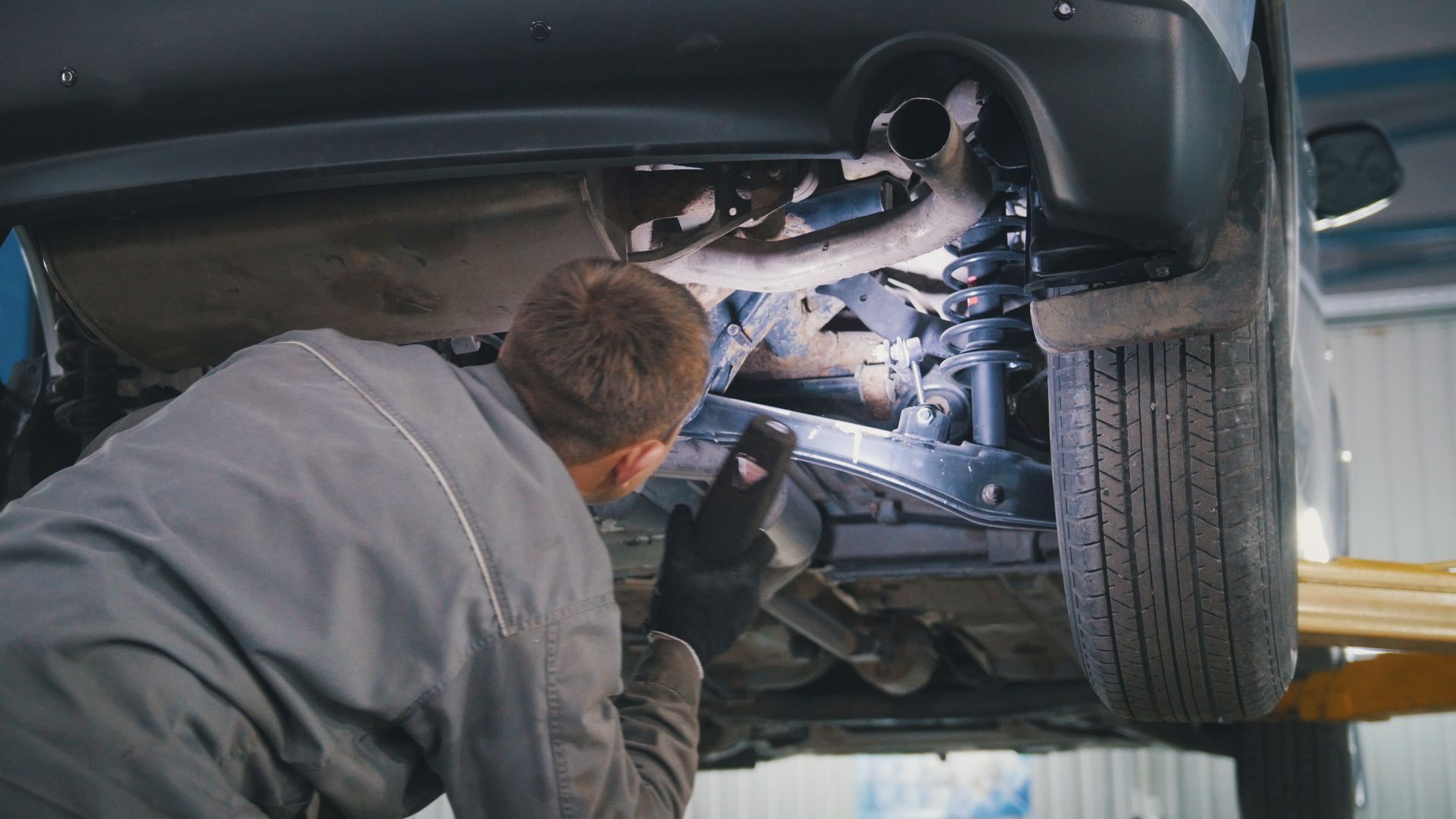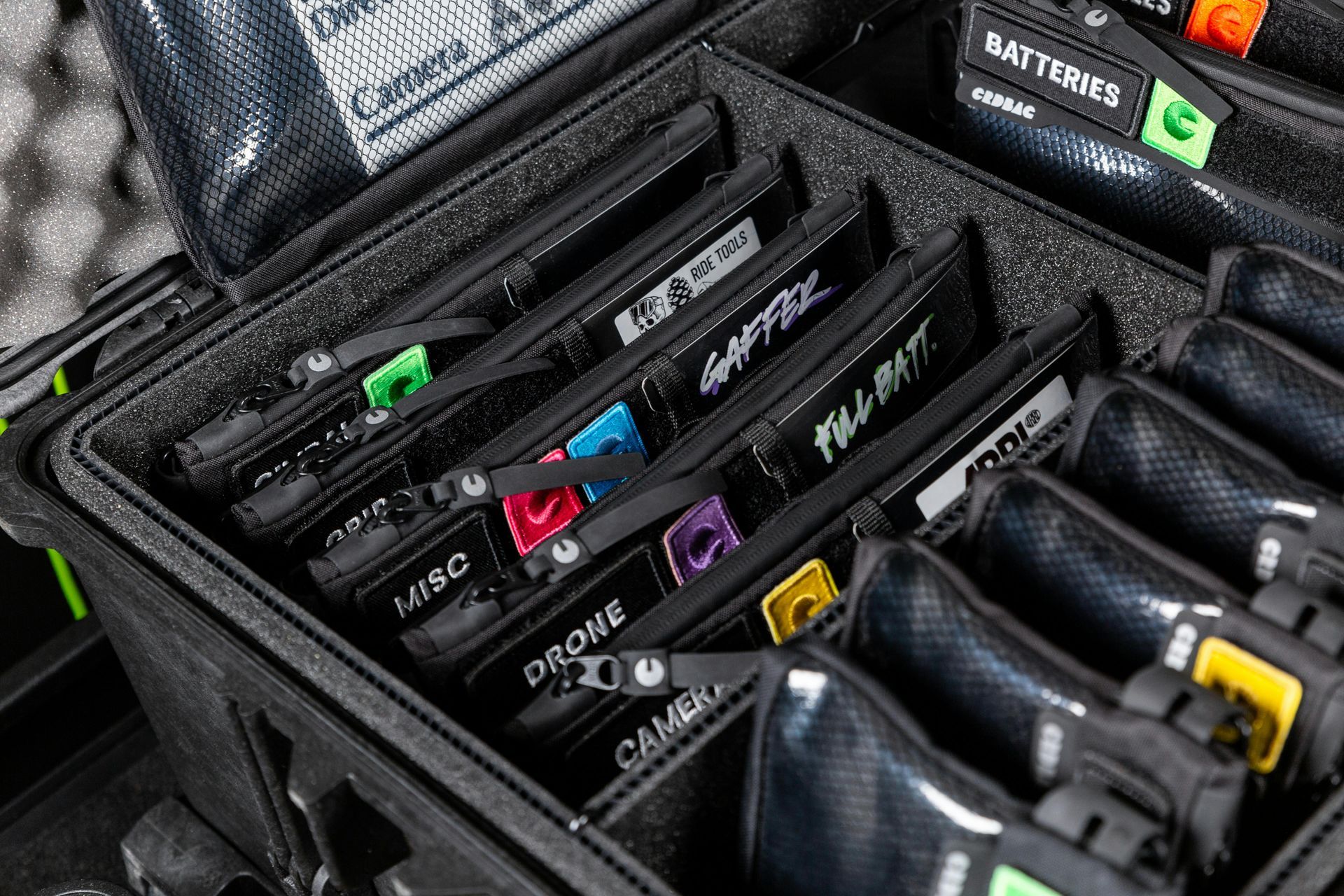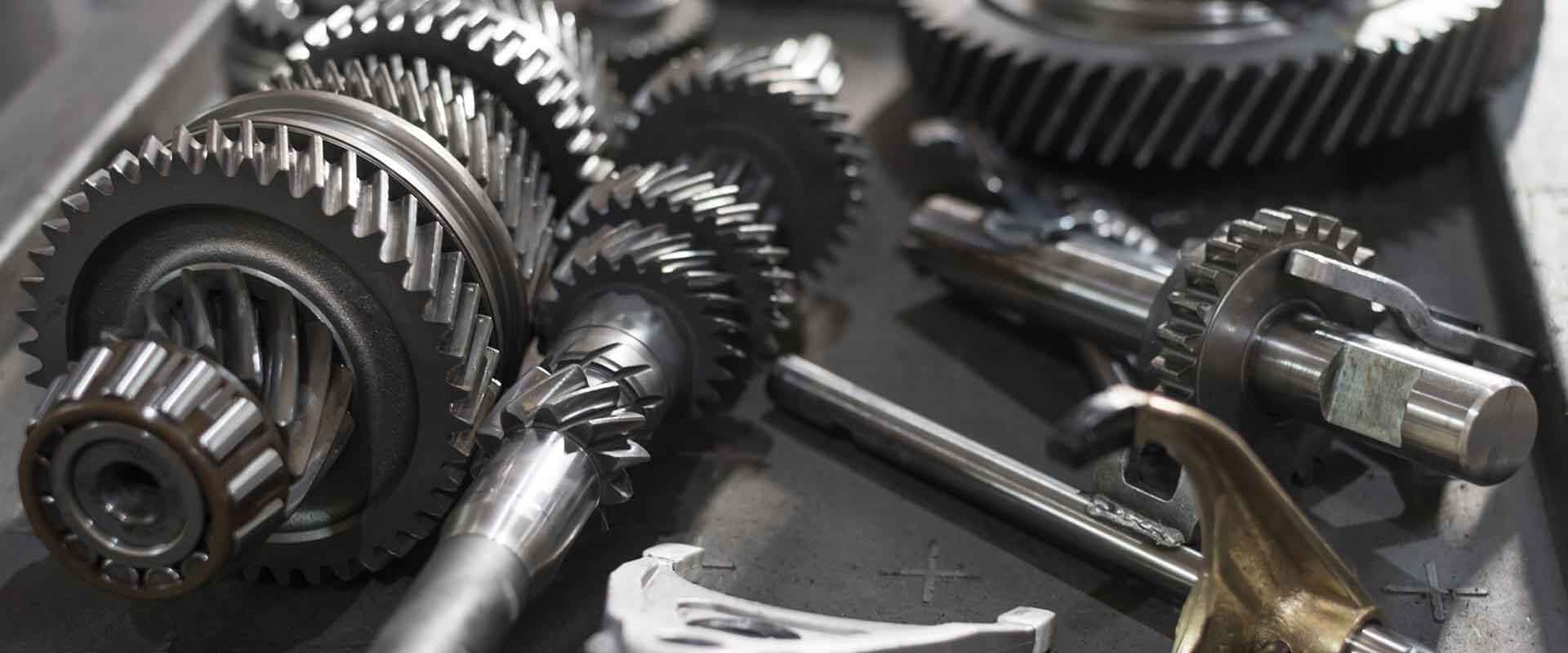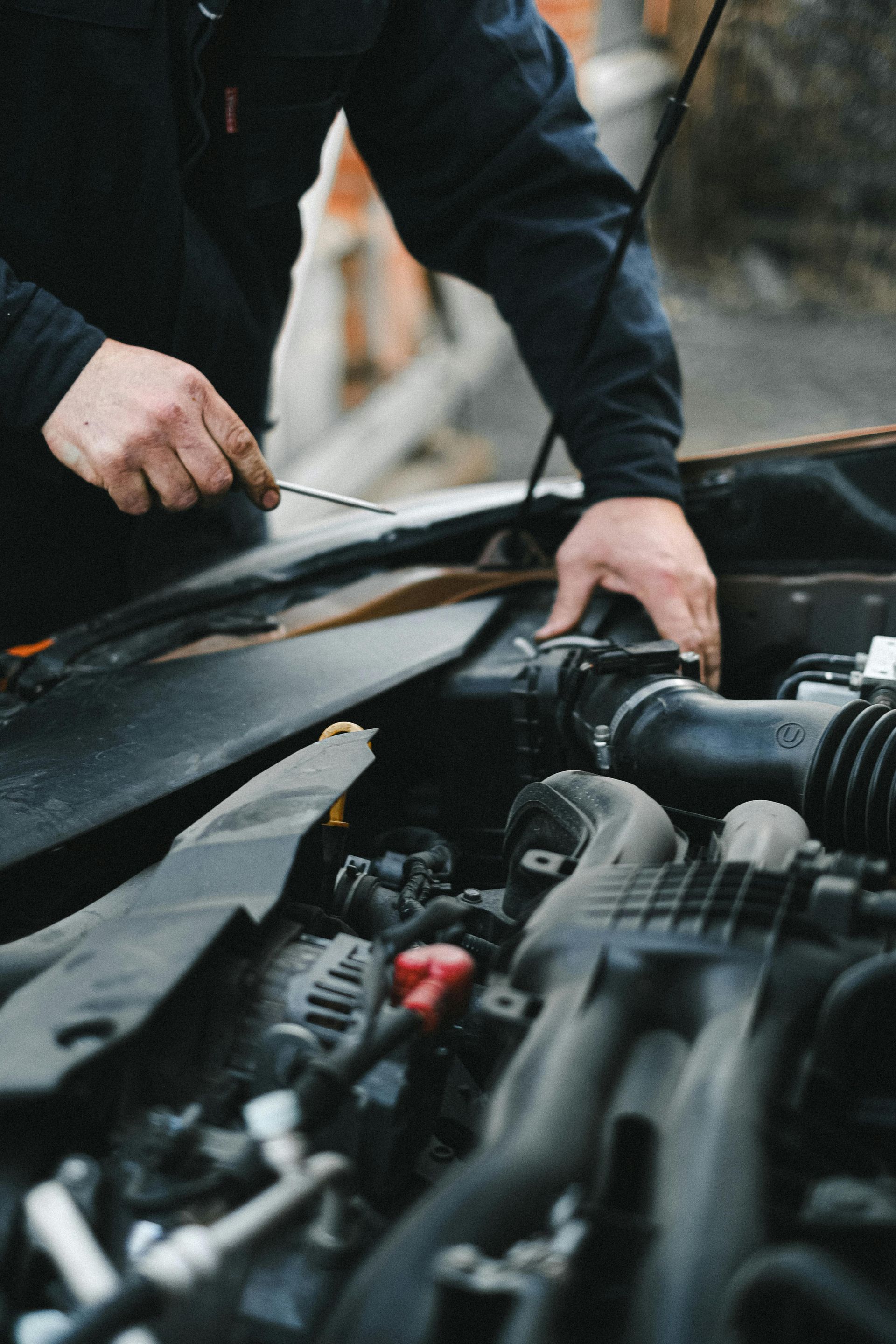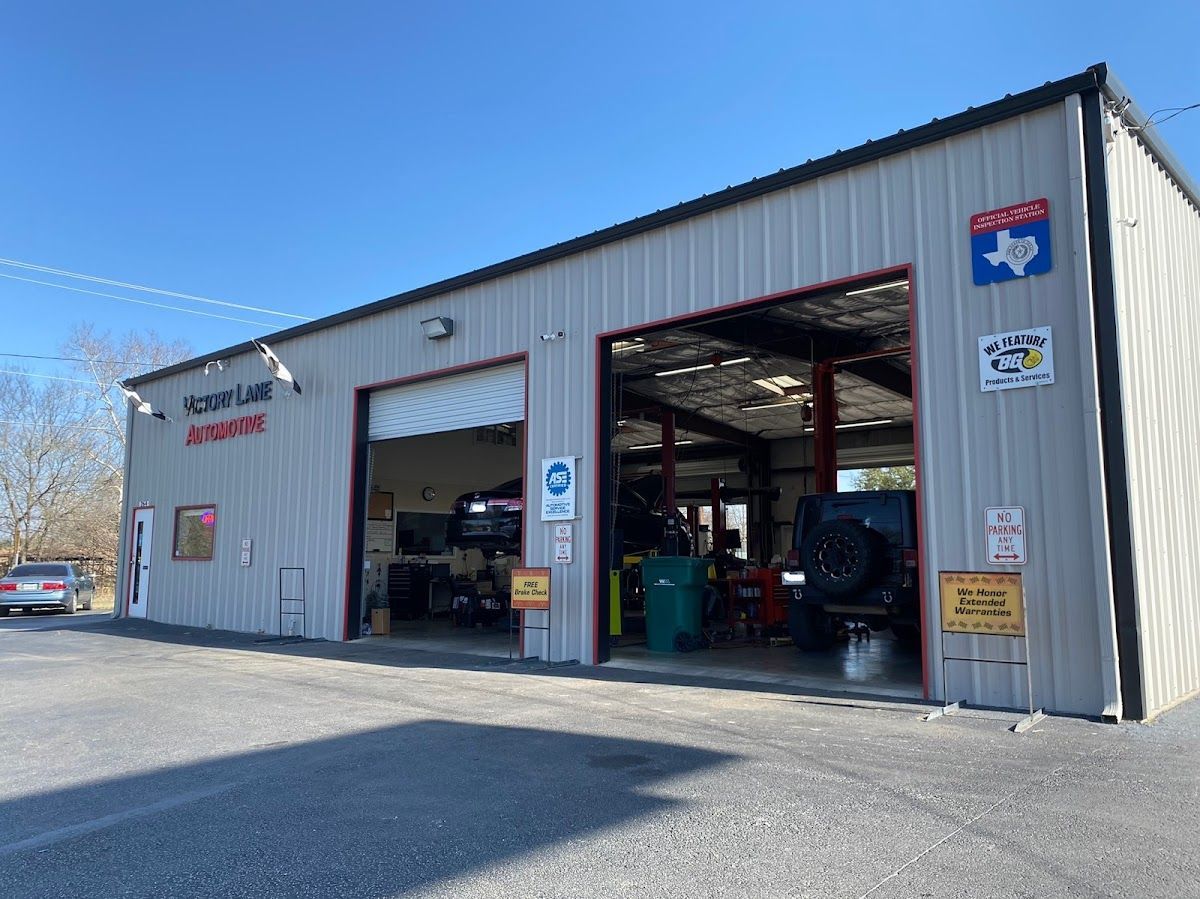Auto Mechanic
Auto Mechanic

The Role of an Auto Mechanic: A Deep Dive into Car Maintenance and Repair
Introduction: The Lifeline of Automotive Health
In today’s fast-paced world, automobiles have become essential for mobility, convenience, and livelihood. At the heart of every well-functioning vehicle is the expertise of an auto mechanic, the unsung hero who ensures our cars are safe, reliable, and running at peak performance. Whether it’s a simple oil change, a complex engine rebuild, or diagnostics on modern vehicles, auto mechanics play a crucial role in keeping vehicles on the road.
In this blog, we’ll explore the responsibilities, skills, and tools required by an auto mechanic, as well as delve into the importance of preventive maintenance, emerging challenges with electric vehicles (EVs), and tips for finding a trustworthy mechanic.
Who Is an Auto Mechanic?
An auto mechanic (also called a car mechanic) is a trained professional who inspects, diagnoses, repairs, and maintains automobiles. Their job encompasses a wide range of responsibilities, from basic tasks such as brake inspections and tire changes to more advanced work, including transmission repairs and engine diagnostics.
Mechanics typically specialize in one or more areas:
- General automotive repairs (maintenance and repair across all types of cars)
- Electrical systems (diagnosing issues related to batteries, alternators, and wiring)
- Transmission systems (manual and automatic gearbox repair)
- HVAC systems (air conditioning and heating repairs)
- Hybrid and EV systems (working on electric motors and battery packs)
Auto mechanics can be found in various settings such as independent repair shops, dealerships, fleet management companies, or as mobile technicians working on-site at customers’ locations.
Key Responsibilities of Auto Mechanics
The day-to-day tasks of an auto mechanic can be divided into preventive maintenance, diagnostics, and repairs.
1. Preventive Maintenance Tasks
Preventive maintenance ensures the vehicle runs smoothly and avoids major breakdowns. These tasks include:
- Oil changes: Replacing old engine oil to keep the engine lubricated and prevent wear.
- Tire rotation and balancing: Extending tire life by ensuring even wear across all tires.
- Brake inspections and repairs: Inspecting brake pads, rotors, and fluid to guarantee safe braking.
- Battery maintenance: Checking battery voltage and cleaning terminals.
- Fluid checks and replacements: Inspecting coolant, transmission fluid, power steering fluid, and brake fluid.
2. Diagnostics and Troubleshooting
Modern vehicles come with advanced diagnostic systems that alert the driver when something is wrong. However, pinpointing the exact problem requires both experience and specialized equipment.
- OBD-II scanner diagnostics: Mechanics use an On-Board Diagnostics (OBD) scanner to retrieve error codes from the car’s computer system.
- Test drives: Sometimes, mechanics need to drive the vehicle to detect issues not caught by sensors.
- Visual and manual inspection: Some problems, like leaks or loose parts, are discovered through physical inspection.
3. Repair and Replacement Tasks
Once the issue is identified, mechanics perform repairs or part replacements:
- Engine repairs: Replacing spark plugs, timing belts, or fuel injectors.
- Transmission work: Fixing clutches, gears, and seals in manual or automatic transmissions.
- Suspension repairs: Replacing shocks, struts, or control arms to improve ride quality.
- Electrical repairs: Fixing starter motors, alternators, or faulty wiring.
- Exhaust system repairs: Repairing or replacing catalytic converters, mufflers, and sensors.
Tools and Technology: Essential for Every Mechanic’s Job
The toolkit of a mechanic has evolved significantly over the years. While traditional tools like wrenches, screwdrivers, and pliers remain essential, modern-day mechanics also rely heavily on specialized tools and computerized equipment.
- OBD-II Scanner: Reads trouble codes from the car’s ECU (Engine Control Unit).
- Torque Wrench: Ensures bolts are tightened to precise specifications.
- Multimeter: Measures voltage, resistance, and current for electrical diagnostics.
- Tire Balancer and Alignment Machine: Calibrates tire positioning for optimal performance.
- Battery Tester: Evaluates the health and charge of car batteries.
- Hydraulic Lift: Lifts the vehicle to allow access to the undercarriage.
Additionally, mechanics need to keep up with the latest software updates for diagnostics tools, especially when working with newer cars equipped with adaptive cruise control, parking sensors, and autonomous driving features.
The Importance of Preventive Maintenance
One of the most valuable services a mechanic can provide is preventive maintenance, which helps drivers avoid expensive repairs and unexpected breakdowns. Skipping maintenance can lead to:
- Premature tire wear
- Engine overheating due to low coolant
- Brake failure from worn-out pads or old fluid
- Reduced fuel efficiency from clogged air filters or faulty sensors
Many car manufacturers provide a recommended maintenance schedule in the owner’s manual, which includes mileage-based tasks like changing oil every 5,000 miles or replacing timing belts at 60,000 miles. A good mechanic will help you stay on top of these tasks, saving you money in the long run.
The Future of Auto Mechanics: Navigating the Rise of EVs and Hybrids
With the growing popularity of electric vehicles (EVs) and hybrids, the role of auto mechanics is rapidly changing. Traditional mechanics must now retrain to handle new challenges, such as:
- High-voltage battery repairs: EV batteries require specialized skills to repair or replace safely.
- Electric motor maintenance: Troubleshooting issues in electric drivetrains.
- Regenerative braking systems: Learning how energy recovery systems work and how to maintain them.
- Software updates and recalibrations: Many EVs rely on over-the-air (OTA) updates, which mechanics need to understand.
As the automotive landscape evolves, mechanics will also need certifications in electric vehicle repair from organizations like the National Institute for Automotive Service Excellence (ASE) to stay competitive.
How to Choose a Reliable Auto Mechanic
Not all mechanics are created equal. Here are some tips to find a mechanic you can trust:
- Look for certifications: Mechanics certified by ASE or manufacturer-specific programs (like Ford or Toyota) have proven skills and training.
- Check reviews: Online platforms like Yelp and Google Reviews provide insights into other customers’ experiences.
- Ask for a detailed estimate: A good mechanic will provide a written estimate before starting any major repair.
- Inspect the shop: A clean and well-organized shop is a good sign of professionalism.
.
Conclusion: Auto Mechanics Are the Backbone of Vehicle Ownership
Auto mechanics play an indispensable role in the smooth functioning of our daily lives. They are the problem-solvers who ensure our vehicles remain reliable and safe. Whether it’s through preventive maintenance, major repairs, or embracing the challenges of electric vehicles, mechanics are the lifeline that keeps cars on the road.
As vehicles continue to evolve, so will the responsibilities of mechanics. For car owners, staying proactive with regular maintenance and building a relationship with a trustworthy mechanic can make all the difference between a stress-free driving experience and costly breakdowns. So the next time your car needs service, remember the expertise behind the wrench – and thank your mechanic for keeping you on the road!
Victory Lane Automotive
264 Kitty Hawk Rd, Universal City, TX 78148, United States of America
Mon - Fri 7:30 AM - 5:00 PM




Services
List of Services
-
AC Repair & ServiceAC Repair & Service
-
Belts & Hoses ServiceBelts & Hoses Service
-
Brake RepairBrake Repair
-
Computer DiagnosticsComputer Diagnostics
-
Lube, Oil, & Filter Change ServiceLube, Oil, & Filter Change Service
-
Pre-Purchase & State InspectionsPre-Purchase & State Inspections
-
Steering & SuspensionSteering & Suspension
-
Wheel AlignmentWheel Alignment
List of Services
-
AC Repair & ServiceAC Repair & Service
-
Belts & Hoses ServiceBelts & Hoses Service
-
Brake RepairBrake Repair
-
Computer DiagnosticsComputer Diagnostics
-
Lube, Oil, & Filter Change ServiceLube, Oil, & Filter Change Service
-
Pre-Purchase & State InspectionsPre-Purchase & State Inspections
-
Steering & SuspensionSteering & Suspension
-
Wheel AlignmentWheel Alignment




